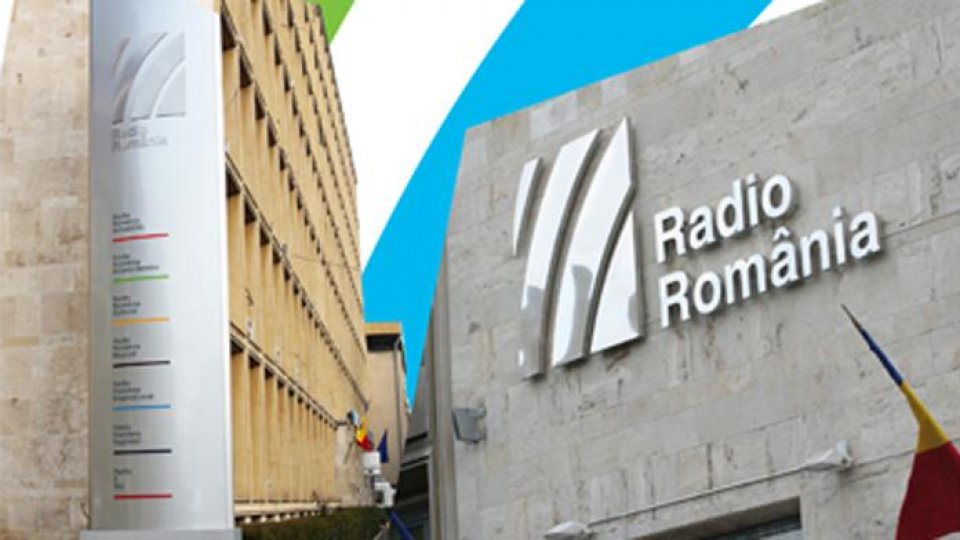The financing of the public radio and TV stations in the spotlight again
The bill on the elimination of the Radio and TV license fee is to be debated on Tuesday by the Romanian Chamber of Deputies.

Articol de Radio România Internaţional, 24 Octombrie 2016, 15:25
The bill on the elimination of some fees, the radio and TV licence fee included, is to be debated on Tuesday by the Chamber of Deputies, the decision-making body in this matter, after having been endorsed last week by the Senate.
The document, proposed by the Social Democratic Party (PSD), continues to trigger reactions from the political class, civil society and representatives of media institutions who say that the cancellation of the radio and TV licence fee would significantly affect the autonomy and independence of the public radio and TV stations. Therefore, the Board of the Romanian Radio Broadcasting Corporation has warned over the fact that the institution risks losing its role as public service as well as its credibility in accomplishing its public mission for the citizens' benefit, turning into an instrument of political influence.
The public TV station has voiced a similar stand. The financing of the public radio and TV stations from the state budget is the worst possible solution, the Legal Director of the European Broadcasting Union Richard Burnley has said during a visit to Bucharest. He has urged the Romanian Parliament not to endorse the document.
Richard Burnley voiced his worries about the situation, saying that the radio and TV licence fee is not a form of taxation, it's society's important contribution to funding public and television services.
The attempt to eliminate it is a worrying move, because practice has shown that such subscriptions is the best solution to fund public radio and television.
This helps ensure the full independence of the two services and create a relationship with the public, who becomes the owner of the two media, Richard Burnely also said.
In turn, Dennis Nowlan, Network Manager of BBC Radio 4, supports the idea of radio and TV subscriptions, giving the example of the BBC, which has been financed through a fee for more than 90 years, and this has been its guarantee for independence. "It's what has kept us us truly free from Government pressure, commercial pressure and the suspicion of being under such pressure", Nowland said.
Vincent Lemaire from Radio France International has too emphasized the fact that public financing guarantees editorial independence:
"It's very important for us to know that the audience is our direct sponsor. It is a relationship that entails our responsibility before the audience since they are the ones that pay for our services. This is what makes us truly dedicated to this cause."
Most of the public media services in Europe are funded through the payment of fees by citizens, and in those countries where such fees do not exist, editorial independence is affected. In Romania, the Radio/TV fee accounts for 67.56% of the Public Television's revenues and for 49% of the public radio's total revenues. The amount of this fee is 0.8 euros per month for the TV service and 0.6 euros for the radio service, which is the smallest in Europe.














